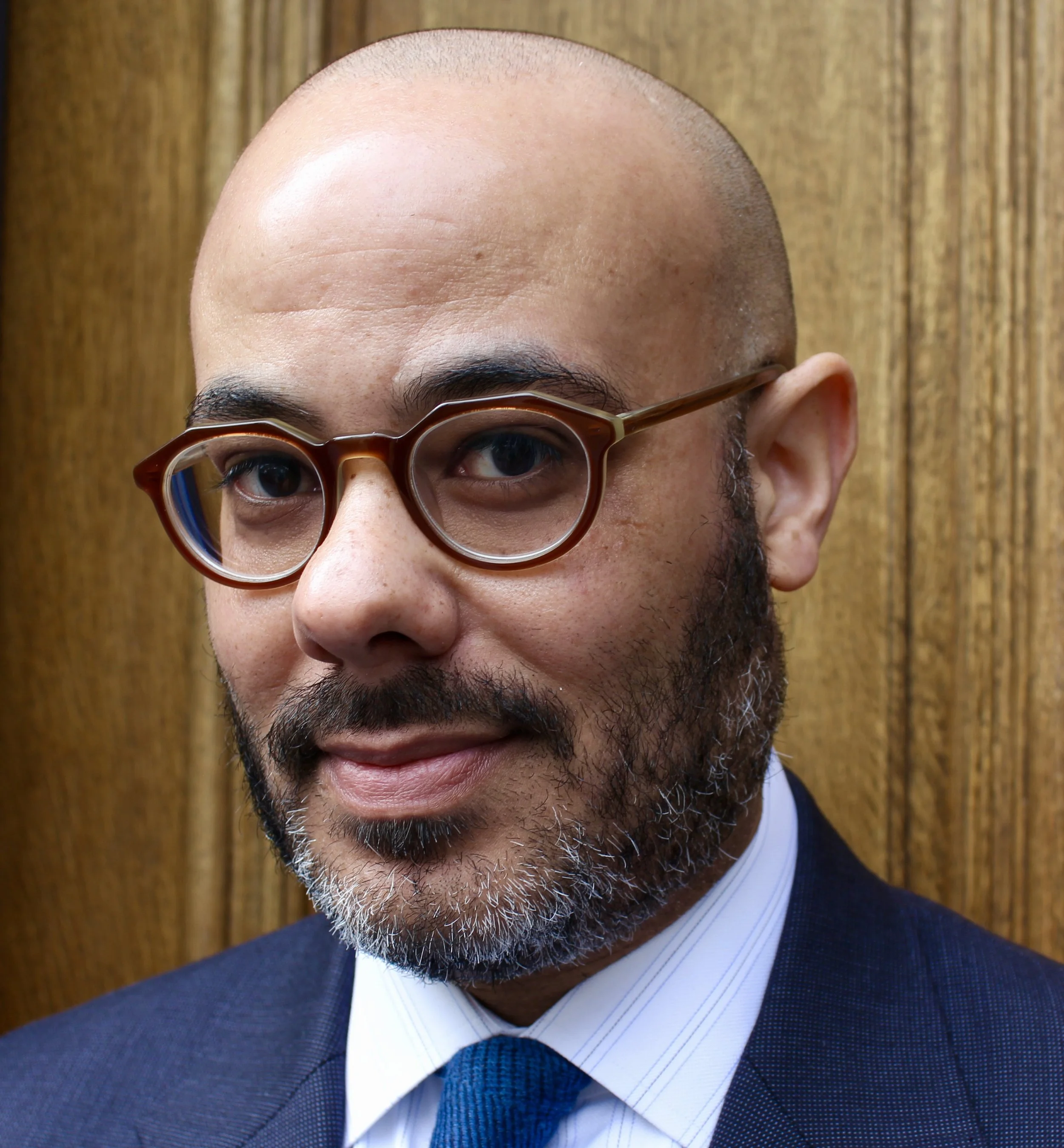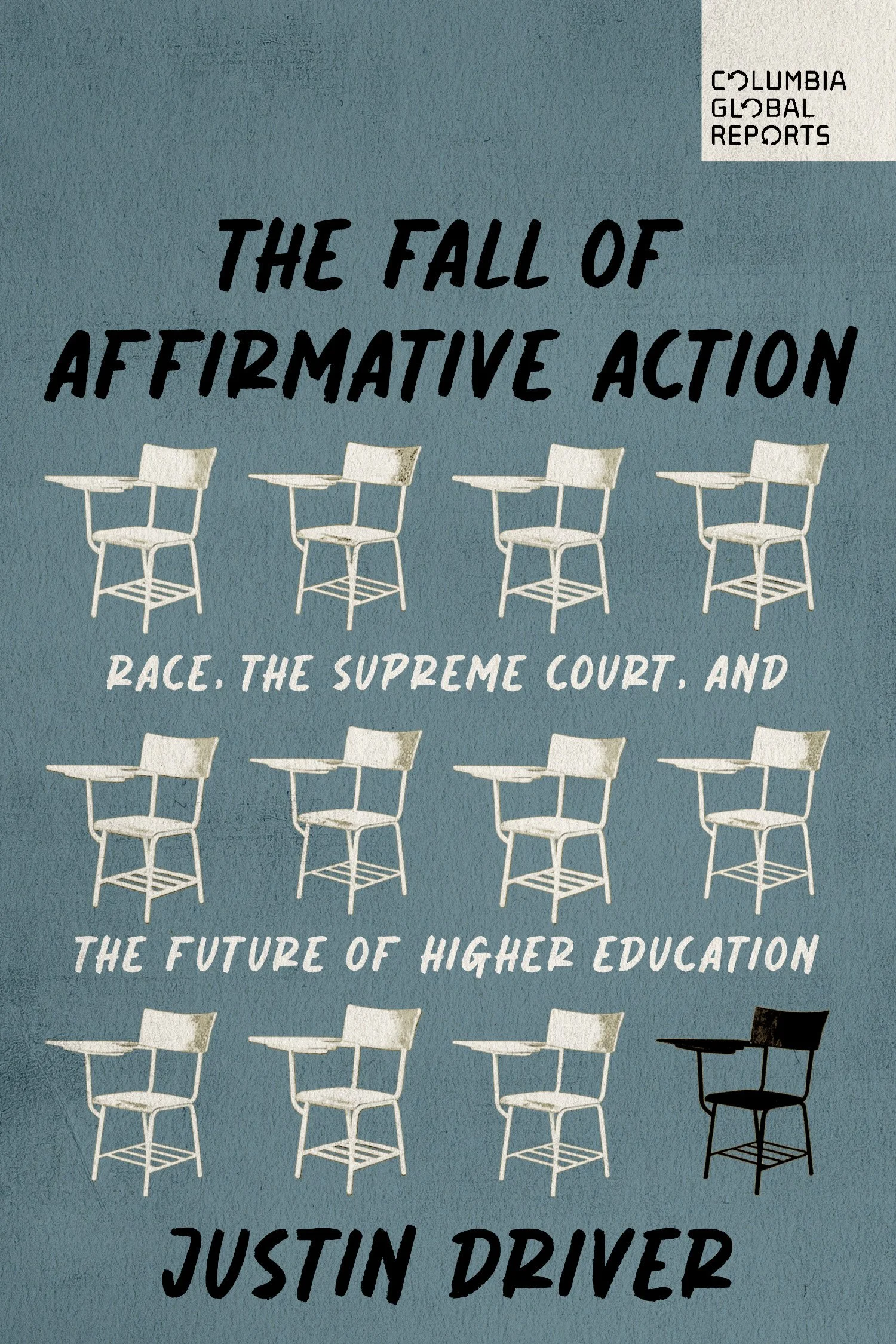Justin Driver
featured Appearance: SUNDAY, October 19th at 4pm
Justin Driver is the Robert R. Slaughter Professor of Law at Yale Law School. He teaches and writes in the field of constitutional law and is the author of “The Fall of Affirmative Action: Race, the Supreme Court, and the Future of Higher Education.” An elected member of the American Law Institute and an elected fellow of the American Academy of Arts & Sciences, President Biden appointed Driver to serve on the Presidential Commission on the Supreme Court of the United States. His first book — "The Schoolhouse Gate: Public Education, the Supreme Court, and the Battle for the American Mind” — was selected as a Washington Post Notable Book of the Year and an Editors’ Choice of The New York Times Book Review. He is a graduate of Brown, Oxford (where he was a Marshall Scholar), Duke (where he received certification to teach public school), and Harvard Law School (where he was an editor of the Harvard Law Review). After graduating from Harvard, Driver served as a law clerk at U.S. Court of Appeals for the District of Columbia Circuit and at the Supreme Court of the United States.
Featured Book: THE fall of affirmative action
For decades, affirmative action reshaped not just American higher education but the broader society, opening doors that had been closed for centuries and transforming who entered the pathways to power. But the Supreme Court in 2023 killed affirmative action in Students for Fair Admissions v. Harvard, a decision hailed by the right as a triumph of conservative colorblindness and decried by the left as requiring the end of racial equity. Both sides, Yale Law School professor Justin Driver contends, are wrong.
Perversely, even when viewed through a conservative lens, the Court's decision ushers in a less desirable admissions regime. The post-SFFA model places a new premium on students of color voicing their racial trauma in elaborate application essays, entrenching the very racial victimization and essentialism that conservatives purport to loathe. The Trump Administration's assault on higher education has been fueled by distorted readings of SFFA, further clouding the opinion's already opaque meaning. But SFFA, properly understood, leaves universities significant legal room to combat Trump's anti-D.E.I. onslaught by adopting innovative policies that foster diversity--including preferences for descendants of slavery, members of tribes, and applicants from blighted communities.
Far from a mere eulogy, The Fall of Affirmative Action provides a blueprint for the future--a rallying cry for citizens to forge new paths to inclusion and push back against the notion that racial equity is doomed. The death of affirmative action, Driver insists, need not mean the death of opportunity.


